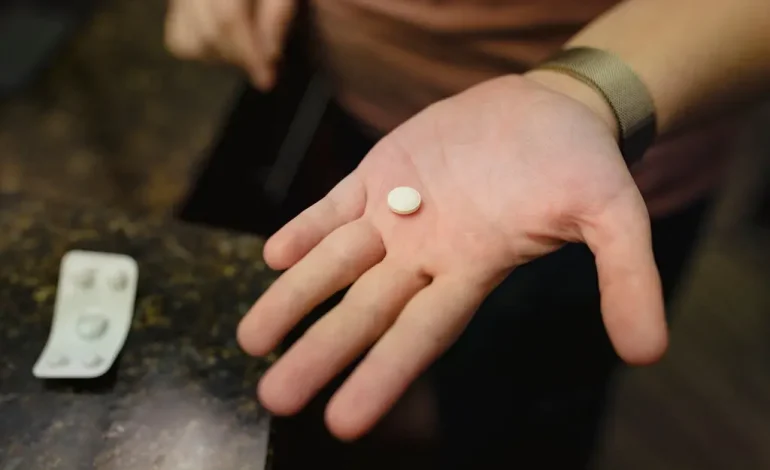A new study has proposed that ulipristal acetate, the active ingredient in the emergency contraceptive pill Ella, could potentially serve as an alternative to mifepristone in medication abortions.
The findings, published in the journal NEJM Evidence, offer a possible option for early pregnancy terminations, especially in the face of legal challenges against mifepristone in the United States.
The research, conducted by Gynuity Health Projects in collaboration with partners in Mexico, examined the use of ulipristal acetate at a higher dose. The study involved 133 women up to nine weeks pregnant, who were given a 60-milligram dose of ulipristal acetate—double the dose found in Ella—followed by the standard second drug, misoprostol, 24 hours later. The results showed a 97% success rate, comparable to the widely-used mifepristone-misoprostol regimen.
The study’s lead author, Dr. Beverly Winikoff, emphasized the importance of alternatives, given the increasing restrictions on mifepristone.
“At least now we would have an alternative,” she said. “I think it’s better to have more things that you could use.”
Ulipristal acetate is a progesterone blocker similar to mifepristone. At its standard dose of 30 milligrams, it is used for emergency contraception to prevent ovulation after unprotected sex. However, the higher dose tested in the study has shown effectiveness in inducing abortion by disrupting the pregnancy-supporting hormone progesterone.
While mifepristone remains the only FDA-approved drug for abortion in the US, the study highlights ulipristal acetate’s potential to fill the gap in regions where mifepristone is inaccessible due to legal or logistical challenges.
The study’s findings may add complexity to ongoing debates around reproductive health. For years, abortion opponents have sought to conflate emergency contraception with abortion. Critics of ulipristal acetate, such as the conservative group Students for Life of America, argue it acts as an abortifacient, a claim refuted by scientific studies showing the standard Ella dose does not terminate established pregnancies.
Dr. Daniel Grossman, a reproductive health expert from the University of California, San Francisco, praised the study but expressed concerns about its broader implications.
“There is a risk that the findings of this study could be misapplied and used by politicians to try to restrict ulipristal for emergency contraception,” he warned.
On the other hand, some experts, including Dr. Mary Ziegler, a law professor and abortion policy specialist, suggest the study could challenge anti-abortion activists by highlighting public support for contraception. Restricting emergency contraceptives like Ella could spark backlash, especially in states that have recently reaffirmed abortion rights.
With input from the New York Times, the Associated Press, and the Atlantic.









